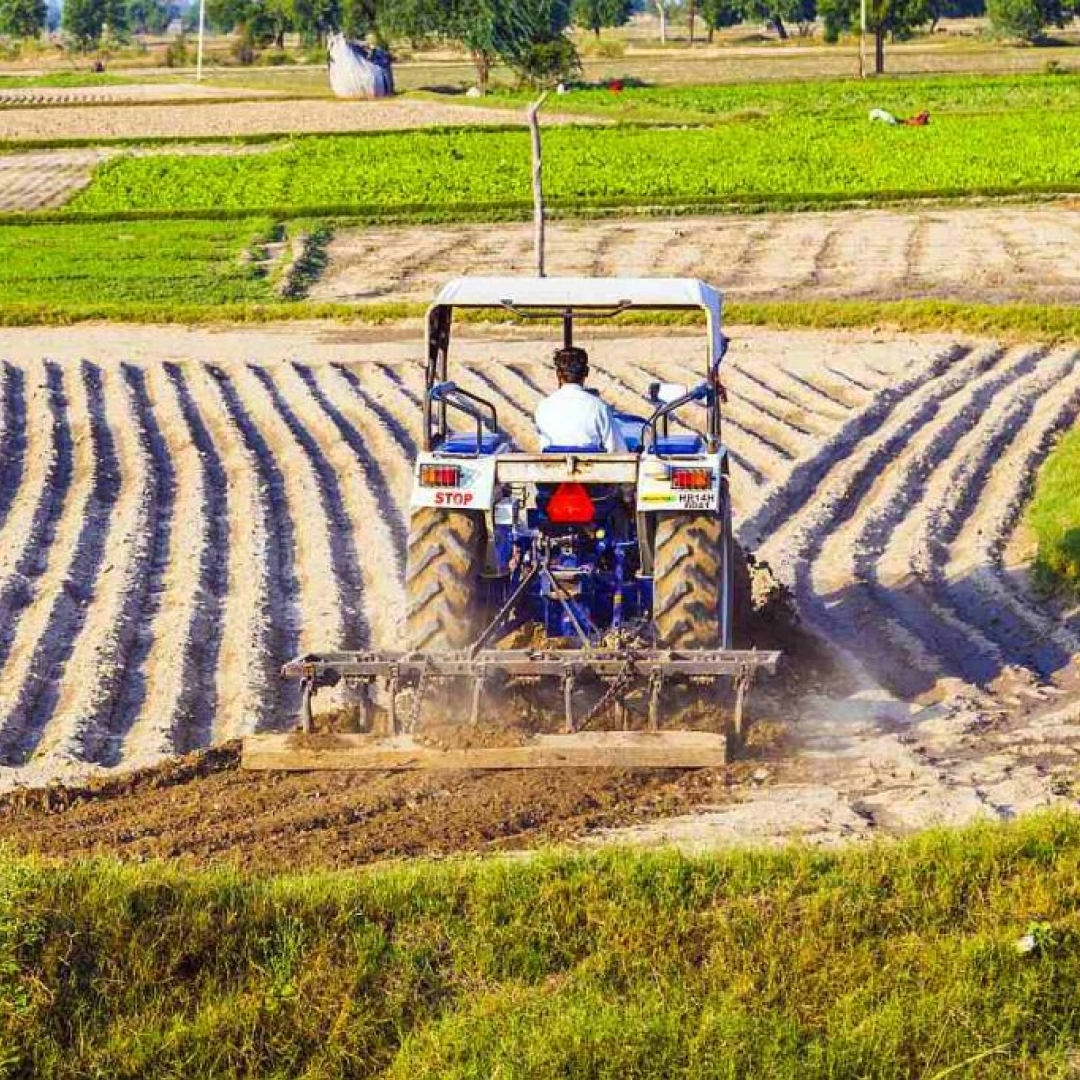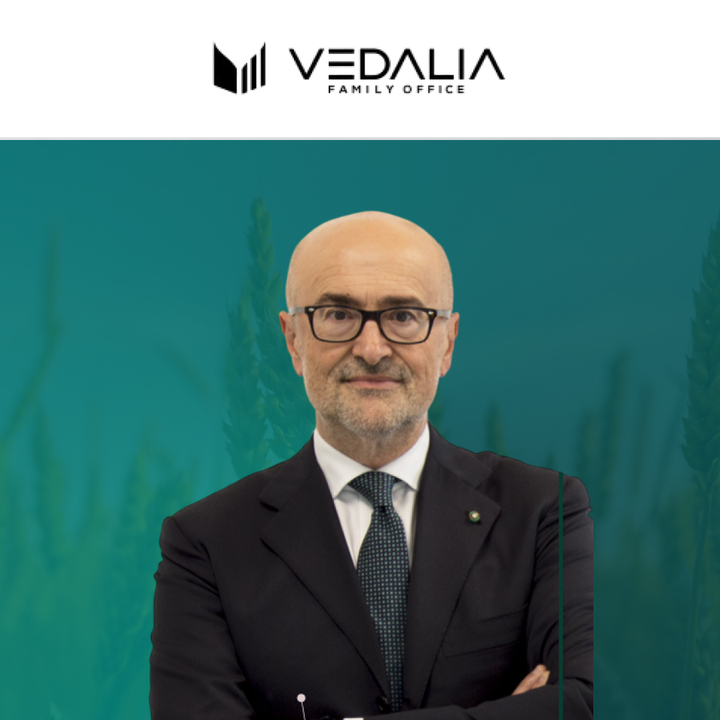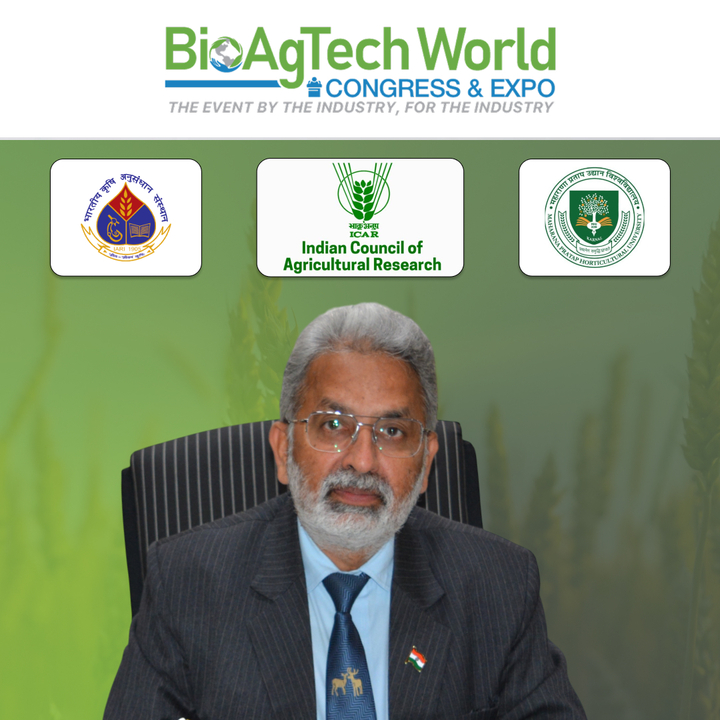
Turbulent times. What a year in the policy arena and all the challenges faced by the entire industry.
I will pick the first topic and share some views on the “realignment” of policies after Farmers drove their tractors into the streets of several European capitals.
The boat has sailed. The future of agriculture goes hand in hand with the future of the planet and the preservation of the ecosystem. How we get there seems to be subject to diverging views. One piece seems agreeable to everybody: we need to bring more biocontrol products into growers’ hands and more training is needed to operate the transition of agriculture practices. We need the technology but also the how to best use and implement it in practice. For the first piece, yes, lawmakers can do a lot to allow faster market access to our products and place more funding into research and education programs with a focus on practical implementation, rather than early development. For the second, providing training to growers on how best to use our products, we do need to step up and spend considerable time contributing to such programs. Many years in European policy have taught me that there will always be a loud majority complaining about the system and often it is very difficult to get the silent minority to get on with an agenda to move the needle in the right direction. Are we all playing our part in educating farmers on how best to use, when to use, and when not to use our products? What do we need to bring that knowledge to the
fields?
A closer engagement with growers is vital. This is a nice sentence to write on paper but difficult to execute, particularly with our business universe of small and medium-sized enterprises which make up the vast majority of the biocontrol business. Resources are often mentioned as the major constraint preventing companies from working closer to growers during the late development phase of the product. But, what if such resources were made available via research grants? This is happening, albeit at a slow pace. The first projects have been financed through such grants to demonstrate how biocontrol can work on field crops. One such project is SAGROPIA*, which has been granted millions of euros in public funding. The aim is to demonstrate the use of several biocontrol products in the IPM program to manage pests and diseases on two key European field crops: potato and sugar beet. It’s not new that research funds can be funneled to implementation
activities but it seems new for the shift of strategy (and budget) that the EU is placing in that direction. And that’s what we need at the moment: implementation programs that bring industrial partners together with growers’ associations and agriculture research centers piloting newly developed IPM programs. It’s not the product alone, it’s a full program on crop management.
Bringing the growers into the final development stage of products and IPM programs seems crucial for the successful uptake of biocontrol on field crops.
Now the legislative piece of the puzzle. It will change because the Sustainable Uses Regulation (SUR) failed because the legislation in place was not fit for purpose. There have been multiple reports and assessments on how to make it fit for the purpose. The work is done. What is new today in Europe is the collective realization of a poor industrial policy and feeble support for technological development. Well, this is nothing new but now everybody talks about it in public without taboos. The industrial policy will drive the agenda of the next Commission and we should see a more favorable environment for new products, rather than walking on losing policies corridors of protection of the old using legislative acts. Winds of change are here.
Yet, some risks are also in the air. Is the EU free trade global agenda coming to an end? Would the EU move toward a more protectionist approach to the single market and the Made in Europe stamp? Likely.
As our industry adjusts to the post-covid, post-supply chain disruptions, and post-inventories recovery, here is another piece to watch out for in the coming months as agendas are drafted for the next Commission program. One thing is certain: there will be a change. Not least because Europe ran out of time to execute most of them.
And the Green Deal? It’s there, it sailed the port. The implementation may look different in the next commission but it’s very unlikely the EU would promote the development of new horse coaches’ industries or new oil-drilling technologies.
(*) SAGROPIA is an EU-financed Horizon 2020 project in Agriculture innovation supporting Sustainable agriculture through novel pesticides using an integrated approach. Details about the project can be found on the project website: https://sagropia.eu
Disclaimer: the text expresses solely the personal thoughts and views of the author on the topic and does not necessarily reflect the views, opinions, or positions of any organization to which the author is affiliated.
Author: Dr. José Carvalho is currently Europe Regulatory Lead for Certis Biologicals (aka Certis USA L.L.C), Chair of the IBMA Microbial Professional Group, and member of the IBMA Council.







Leave a Reply